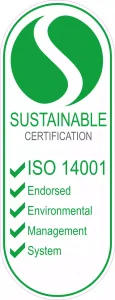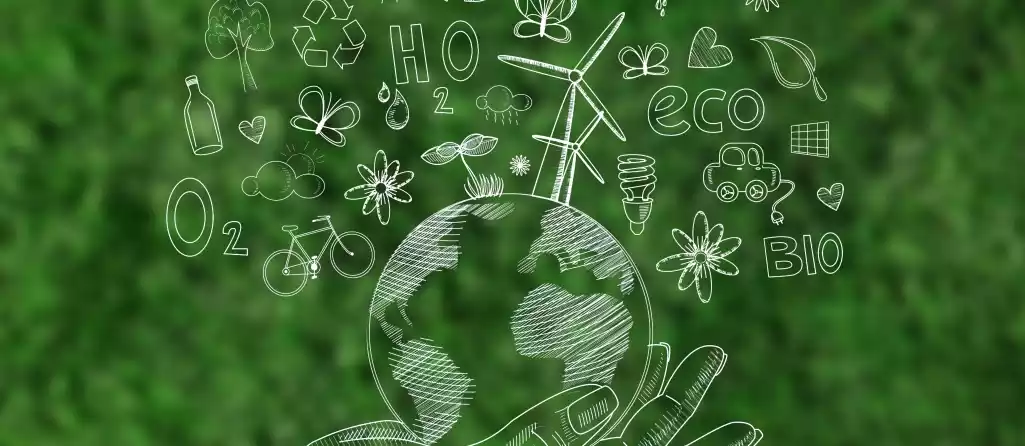In an era where our collective environmental conscience is growing, businesses are quickly realizing that “going green” is more than just a fad. It’s an outright business responsibility. Understanding and adhering to Environmental, Social, and Governance (ESG) frameworks has become integral for investors, regulators, and customers alike.
But what does it mean for your business to truly become environmentally smart? This blog post explores how companies can integrate sustainability into their core business strategies, not just as a checkbox exercise but as a long-term commitment that reaps both environmental and financial rewards.
The Rise of ESG Compliance and impact it has for Your Business
ESG, a set of standards for a company’s operations that socially conscious investors can use to screen potential investments, is not new. But in recent times, its significance has surged. With investors looking for more socially responsible options, and consumers choosing brands that align with their values, ESG compliance has become a critical differentiator for businesses.
To truly thrive in this environment, it’s vital for companies to not just adopt the idea of ESG, but to integrate these issues deeply into their corporate strategies, structures, and day-to-day operations.
Strategies for Environmental Smartness
Embedding environmentally smart practices begins with detailed policy making. These are not just papers bound in a folder on a shelf; their contents should resonate through every activity the business undertakes.
Adopting ISO 14001: Environmental Management Systems
ISO 14001 is an international standard that provides a framework for an environmental management system (EMS). Achieving ISO 14001 certification signifies a company is not just talking the talk about sustainability but walking the walk. ISO 14001 benefits include the following:
 -Improved Environmental management reduces your overall waste and energy use
-Improved Environmental management reduces your overall waste and energy use
-Improved efficiency to cut the cost of running your business
-Demonstrates compliance to expand your business opportunities
-Meet Environmental legal obligations
-Enhances your reputation
Sustainability Reporting and Transparency
Beyond the ISO 14001, businesses are increasingly expected to be transparent about their environmental impact.
Incorporating Circular Economics
By considering the entire lifecycle of products, companies can minimize waste and make more efficient use of resources. Circular economy models are designed to create sustainable value, reduce waste, and increase the efficiency of resource use.
Implementing Energy Efficient Practices
One of the most direct ways to reduce environmental impact is by conserving energy. Implementing energy-efficient practices not only helps the planet but also cuts down operational costs.
Overcoming Challenges in the Pursuit of ESG Goals
The path to becoming ESG compliant is not without challenges. From the vast upfront investments in sustainability infrastructure to the need for a change in organizational culture and the difficulties of ensuring supply chain partners follow suit, there are multiple hurdles to clear.
Businesses must be strategic in their approach, setting realistic, achievable goals with clear timeframes, and leveraging technology to make monitoring and reporting easier.
The Role of Leadership in Fostering an Environmentally Smart Company Culture
For any organizational change to be successful, it must be championed from the top. A company’s leadership team must vocally support and actively lead the charge toward becoming more environmentally smart.
This involves not just setting ESG priorities but also empowering employees to carry out environmental initiatives, providing necessary resources, and ensuring that sustainability is always a part of the decision-making process.
Conclusion: ESG as a Journey, Not a Destination
Becoming more environmentally smart is not a one-and-done event. It’s a continuous process that involves reevaluating policies and practices, finding new ways to lessen environmental impact, and keeping up with the latest sustainability trends and technologies.
To find out more about how your business can become more Environmentally smart, Please Contact Sustainable Certification today

